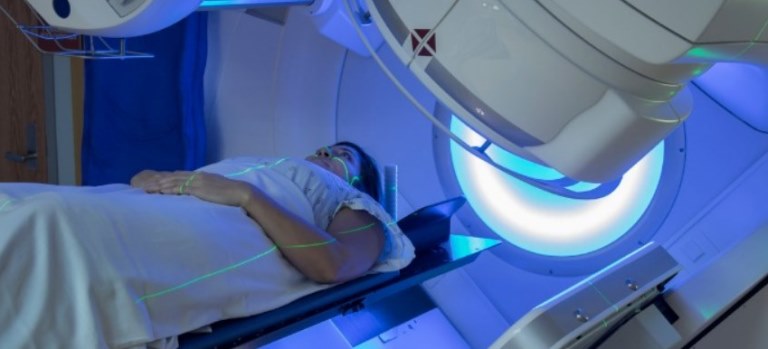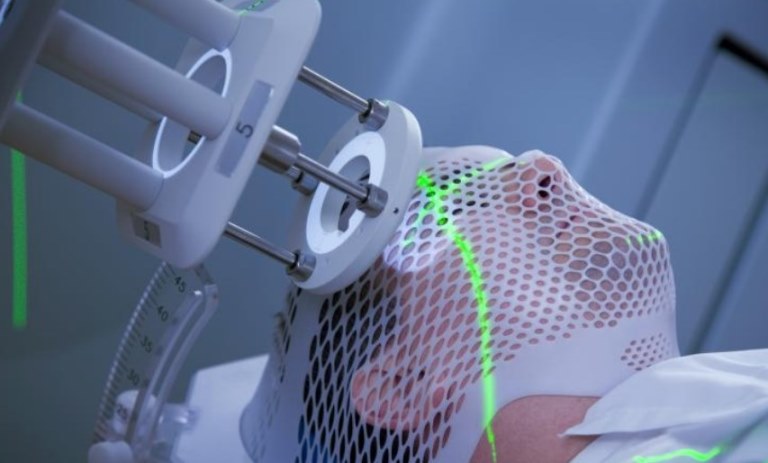Radiation is one of the most typical treatments for cancer. Radiation treatment is also known as radiation therapy, irradiation, radiotherapy, and x-ray therapy. You can visit this website to understand what exactly you can expect when undergoing Radiation therapy.

Contents
What Do You Mean by Radiation Therapy?
Radiation therapy uses high-energy waves and particles, like gamma rays, x-rays, electron beams, or protons to abolish or damage cancer cells. Your cells generally grow and split to create new ones. However, cancer cells develop and divide quicker than most of your normal cells.
Moreover, radiation acts by making tiny breaks in your DNA cells. Furthermore, these breaks stop your cancer cells from growing and distributing and cause them to perish. However, radiation may also affect your adjoining normal cells, but most of the cells recover and return to normal working.
Since chemotherapy and other treatments that you take by mouth or injection generally expose your whole body to cancer-fighting drugs, radiation therapy is mostly a local treatment. Hence, radiation is generally aimed at and impacts only the specific part of your body that needs treatment.
After all, professionals design radiation therapies to ensure that they destroy cancer cells with as little damage as possible to adjoining healthy cells.
It Cures or Shrinks Early-Stage Cancer
Some cancers are quite sensitive to radiation, and hence, radiation may be used in such cases to make cancer shrink or vanish. However, in some cases, the doctor may give chemotherapy or other anti-cancer drugs first.
Similarly, for other types of cancers, professionals may use radiation before surgery to shrink your tumour [it is known as preoperative therapy or neoadjuvant therapy]. Doctors use radiation after surgery to help keep cancer from returning [known as adjuvant therapy].
How is Radio therapy Used

Professionals use radiation therapy to treat different types of cancers, alone or together with other treatments. Radiation can be used:
-
To treat your cancer and attempt to avert a recurrence by removing a tumour
-
As a soothing treatment when removal of the tumour is not possible
-
Before your operation to help shrink the tumour
-
After your surgery to treat any lingering cancer cells
-
In grouping with chemotherapy treatment
Are There Any Benefits of Radiation Therapy for Cancer?
If radiation therapy is recommended as a part of your cancer treatment, the possible benefits can be:
-
Many patients who undergo radiation therapy experience that their radiation therapy sessions have a negligible effect on their day-to-day schedules.
-
You will typically get treatment sessions on an outpatient basis; hence, you may not need to stay in the hospital.
-
Your radiation sessions typically take less than an hour, and at times as little as twenty minutes.
Hence, once you undergo radiation therapy, you can fight cancer that too, without ever compromising on your day to day life.
Who Undergoes Radiation Therapy?
More than half of the individuals with cancer undergo radiation therapy. At times, radiation therapy is the only cancer treatment that the patient needs, and sometimes radiation therapy is used with other types of treatment.
Hence, the decision to use radiation therapy relies on the type and stage of your cancer. Moreover, it also depends on the other health problems you may have.
To sum up, radiation treatment is crucial for cancer. You should not worry about radiation treatment because, during your radiation therapy, a team of highly trained medical experts will take care of you.
Leave a Reply
You must be logged in to post a comment.